Gender training in Serbia brings progressives together

On the weekend of 26-28 October, Foundation Max van der Stoel, in cooperation with the Center of Modern Skills (CMV), organised a gender training for progressive parties and movements in Serbia that are part of the Alliance for Serbia, a new opposition movement. FMS trainers Jamila Aanzi and Sonja Lokar travelled to Vojvodina province to deliver the training.
Is NL moving into the next gear for the SDGs?
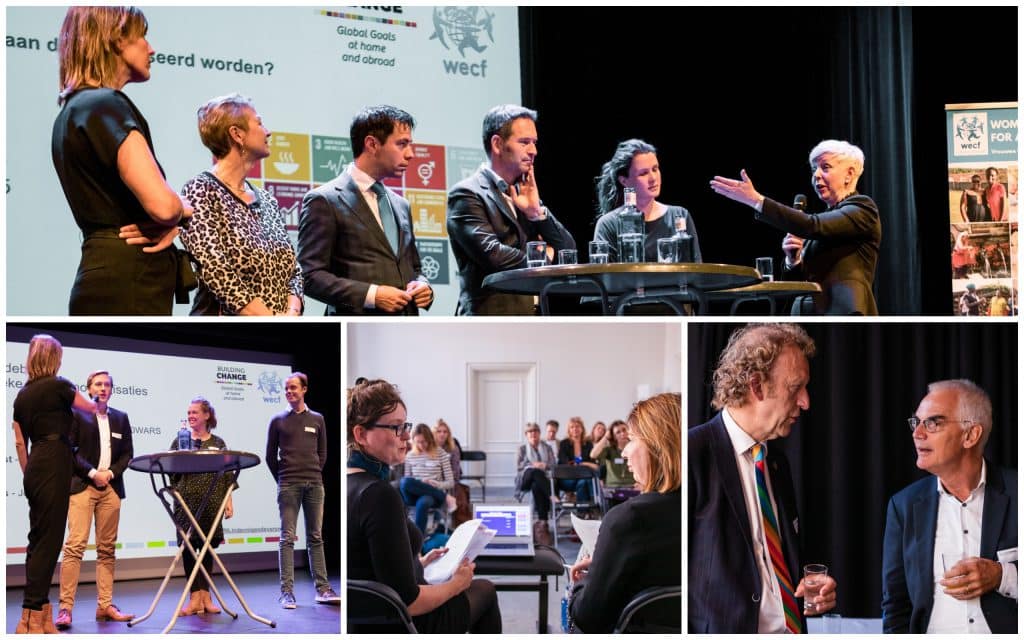
Thursday 27 September was the day: Building Change and WECF organised the event 'NL in the next gear' in The Hague. Together, we celebrated the third anniversary of the Sustainable Development Goals (SDGs) as well as the first anniversary of the 'Adopt an SDG' campaign, in which members of parliament adopt an SDG to advocate in their political work. The central theme was that the Netherlands needs to move into the next gear to actually achieve these global goals, as there are only 12 years to go until 2030! Civil society organisations, political youth organisations and no fewer than five MPs were given the stage to set out their visions and concrete plans for achieving the SDGs.
UNited for a different migration
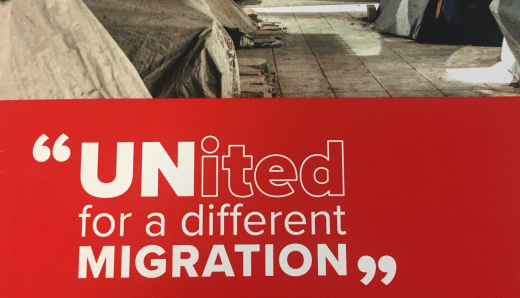
It's UN week in New York City! That means: Heads of State and Heads of Government from almost all the countries in the world visit New York to join the General Assembly of the UN. This 73rd session of the General Assembly opened on the 18th of September and lasts until the 5th of October. Besides everything going on in the buildings of the UN itself, there are many side events in the city. Including the "UNited for a different migration" conference, organised by the Foundation for European Progressive Studies (FEPS), of which FMS is a member.
Migration: viewpoint FMS
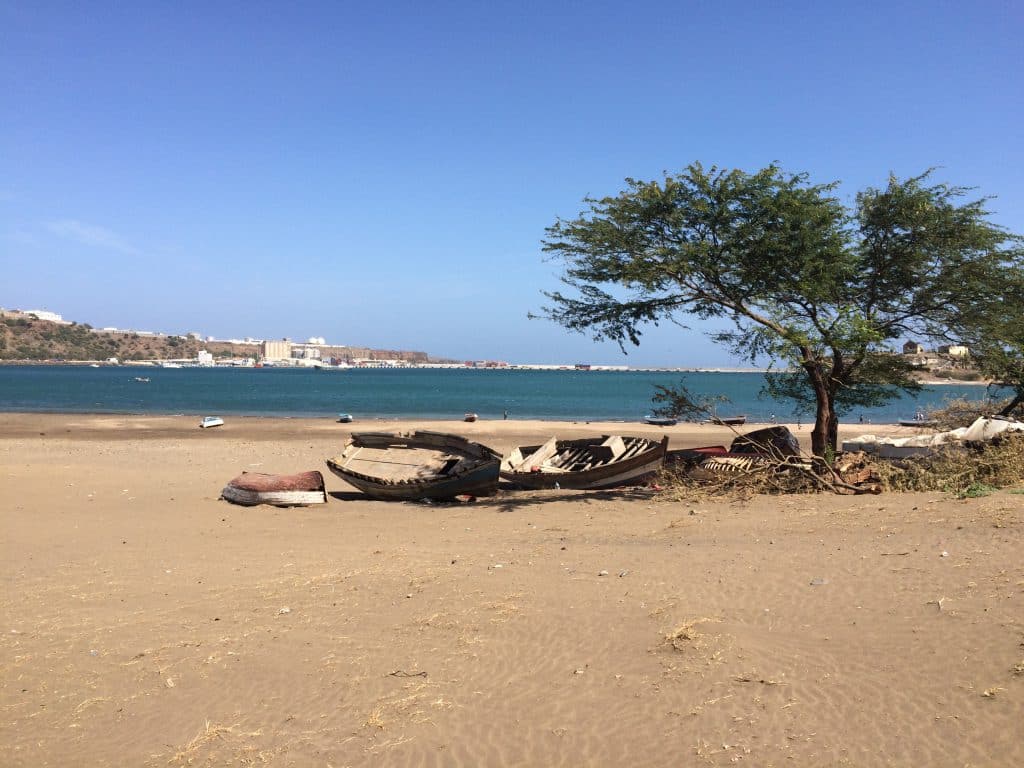
Migration is of all times and cannot be stopped. At best, it can be managed. The EU sees unregulated migration flows as one of the biggest challenges in its existence. We have set out a number of principles that a fair migration policy must meet.
Political temperature rises in Romania
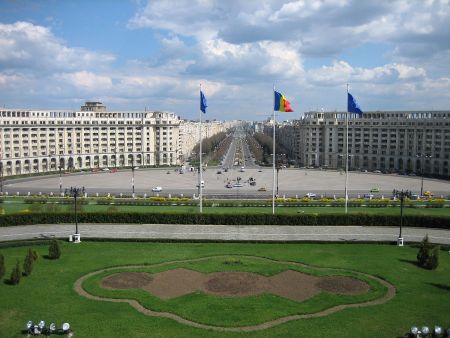
Summers regularly reach 40 degrees in Bucharest. Tempers are also heating up in politics just as cucumber time is approaching.
President Putin's re-election
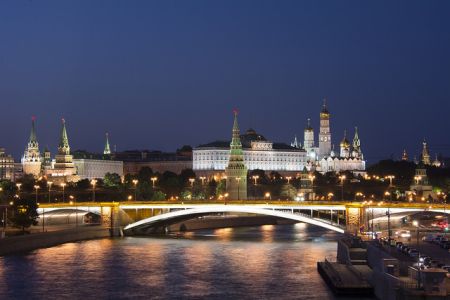
In Russia, the eight final candidates who will compete in the 18 March elections have been known for a few weeks now. There is something for everyone: from communist to liberal, from nationalist to ultra-nationalist, from ideological candidates to those with no ideology at all. However, it will not matter much, as the outcome is a foregone conclusion: a fourth term for President Vladimir Putin. And yet it takes quite a lot of effort to register as a candidate at all: you have to collect hundreds of thousands of signatures and comply with all sorts of strict rules, and if you are in opposition, you generally have little or no financial resources to do so. So who are these people who nevertheless try so eagerly and hard to stay in the race, and why do they do it?
Will Chameria be the next Balkan conflict?
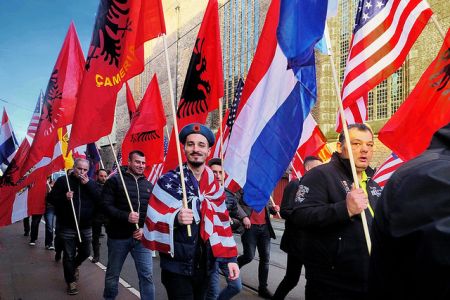
On Tuesday, 6 February 2018, the European Commission presented the European Union's enlargement strategy with the Western Balkan countries. The Commission has now prepared an outline with a directive for possible accession of these six countries.
Back to the '90s: Serbian politician assassinated in Kosovo
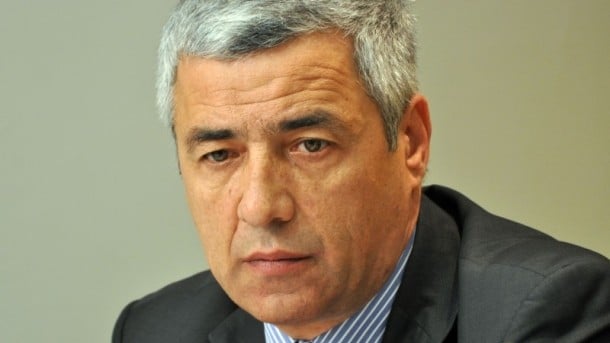
On 16 January, Oliver Ivanović, the main Serbian opposition leader in Kosovo, was shot dead in front of his office. Contrary to reports in some media, this murder most likely had nothing to do with ethnic divisions in Kosovo. Three months ago, I was part of a small European Forum delegation visiting Kosovo and we spoke to Ivanović at his office about the challenges facing Kosovo in the run-up to local elections. How can such an assassination take place in a de facto EU protectorate where European military, judges and officials are supposed to provide security and help build democracy and the rule of law?

